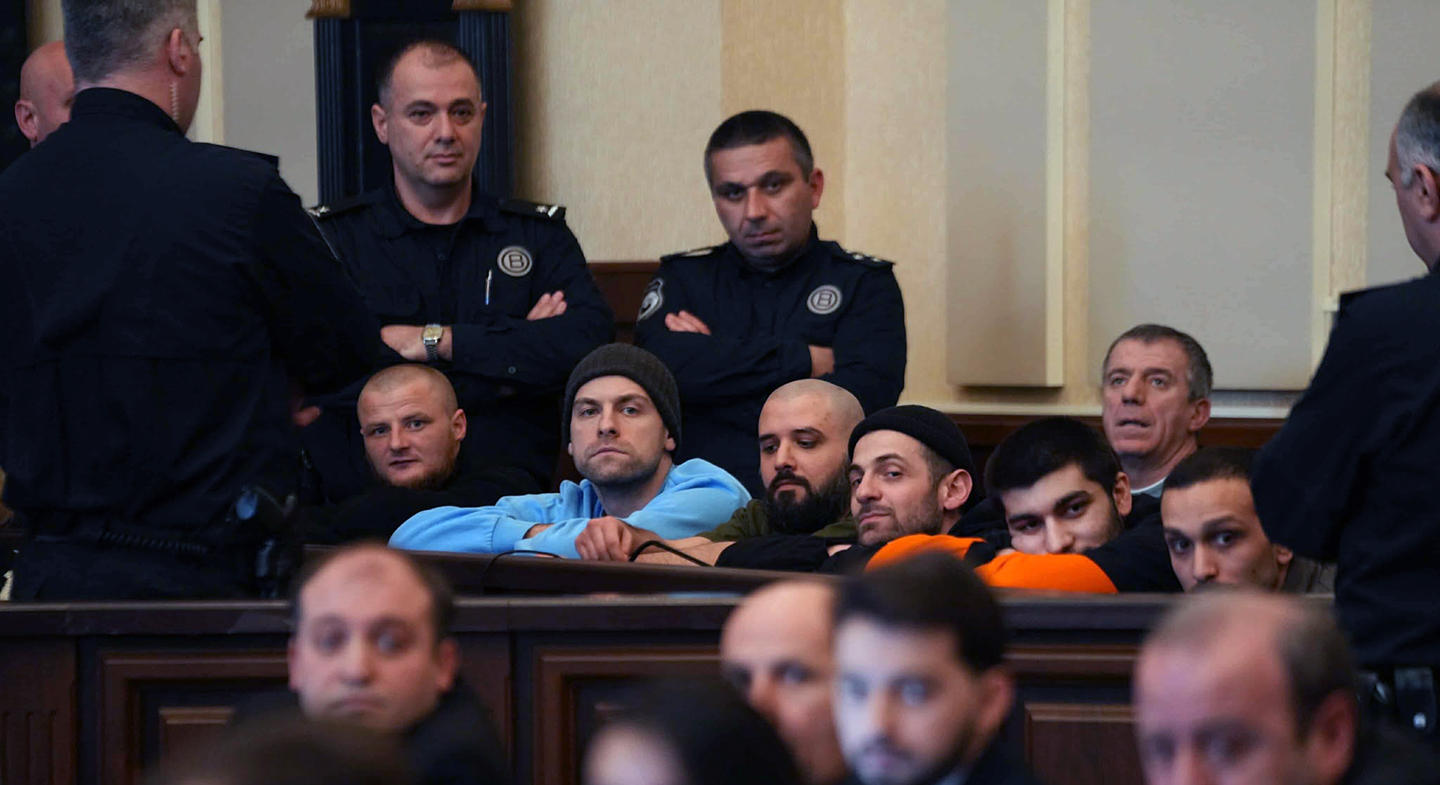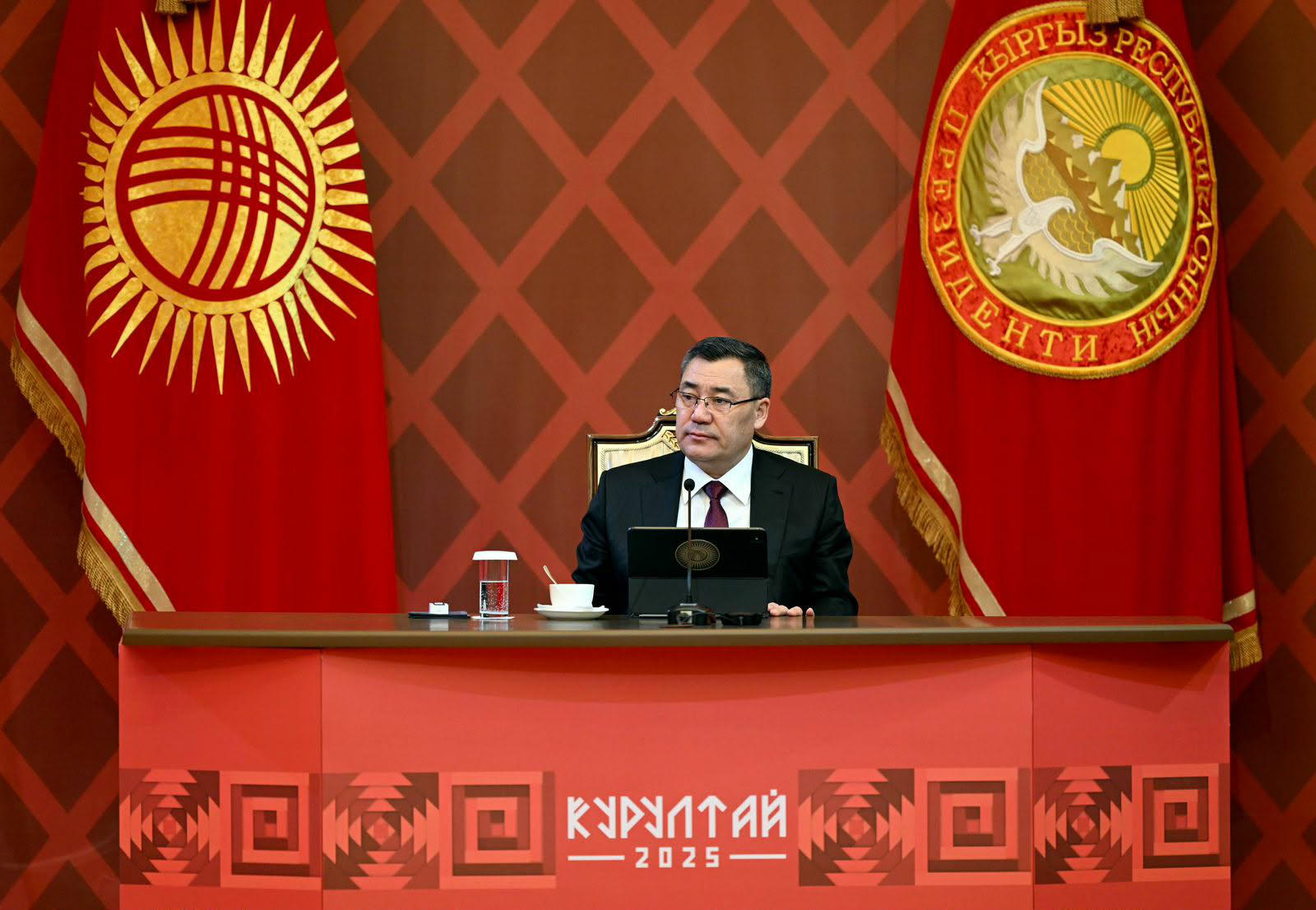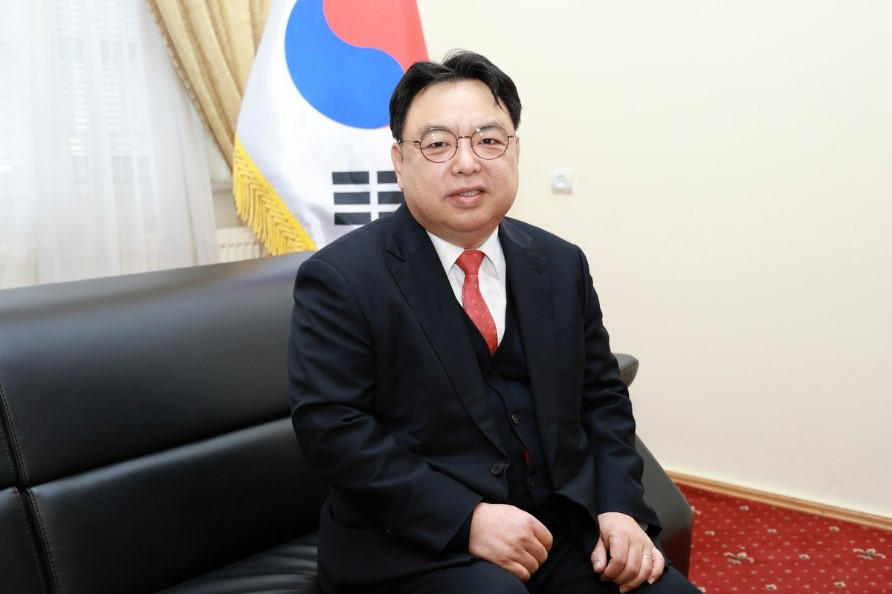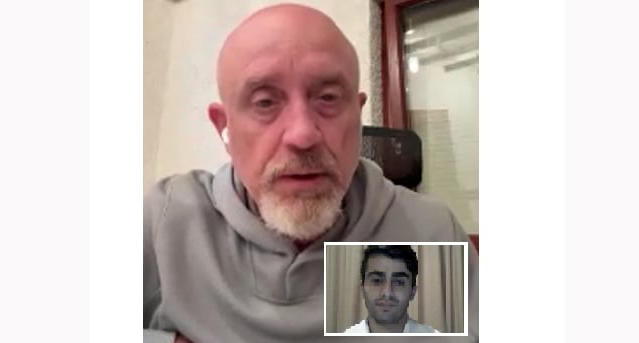NGOs: Video and photo materials in the case of Andro Chichinadze, Onise Tskhadadze and 9 other individuals were obtained in gross violation of the legislation and constitute inadmissible evidence that cannot serve as a basis for a guilty verdict

The criminal case materials do not contain a coherent, clear, or convincing set of evidence that would prove the guilt of any of the defendants - the case against all eleven defendants is artificially created and politically motivated, - Eka Gigauri, Director of Transparency International Georgia, said at the briefing held at the Civil Society Foundation, responding to the case of actor Andro Chichinadze, comedian Onise Tskhadadze, and 9 other individuals arrested on charges of participating in group violence during the protests ongoing near the parliament.
“The prosecutor’s office accuses all of them of participating in group violence, for which the punishment is imprisonment for a term of 4 to 6 years.
Based on the study of the criminal case materials, we have come to the following conclusions: the criminal case materials do not contain a set of consistent, clear or convincing evidence that would prove the guilt of any of the defendants beyond a reasonable doubt.
Also, the main evidence collected in the case - video and photo materials - was obtained in gross violation of criminal procedural legislation or, at least, the legislation in force in the field of personal data protection and represents inadmissible evidence that cannot serve as the basis for a guilty verdict. Inadmissible evidence also includes other, allegedly legally obtained evidence that derives from inadmissible evidence;
Also, there is no composition of a crime, because there is absolutely no evidence indicating the existence of one of the necessary elements of the crime - a pre-arranged, organized group.
There is also no other necessary evidence in the case, which, in the event of a change in the classification of the act, indicates the commission of another crime by the defendants, because there is no causal connection between the act allegedly committed by them and the intended result.
The case against all eleven defendants is artificially created and politically motivated. All this is aimed at punishing the defendants for participating in civil protests, as well as intimidating the entire society - especially student groups and youth - in order to deprive them of the desire to participate in the protest movement;
This case is part of a pre-planned disinformation campaign by the ruling party, which the Georgian Dream launched immediately after the protest rallies began. It is based on a myth created by the ruling party itself, that the protest participants were planning to commit violent acts in order to organize an uprising. Initially, government-run TV companies began to spread this disinformation, and later, law enforcement agencies, in order to make this legend more believable, illegally arrested the individuals involved in the case.
Propaganda channels, law enforcement agencies, and the court were involved in the implementation of this scheme. Obviously, the implementation of this scheme would have been impossible without the instructions of the leaders of the ruling party,” said Eka Gigauri.


